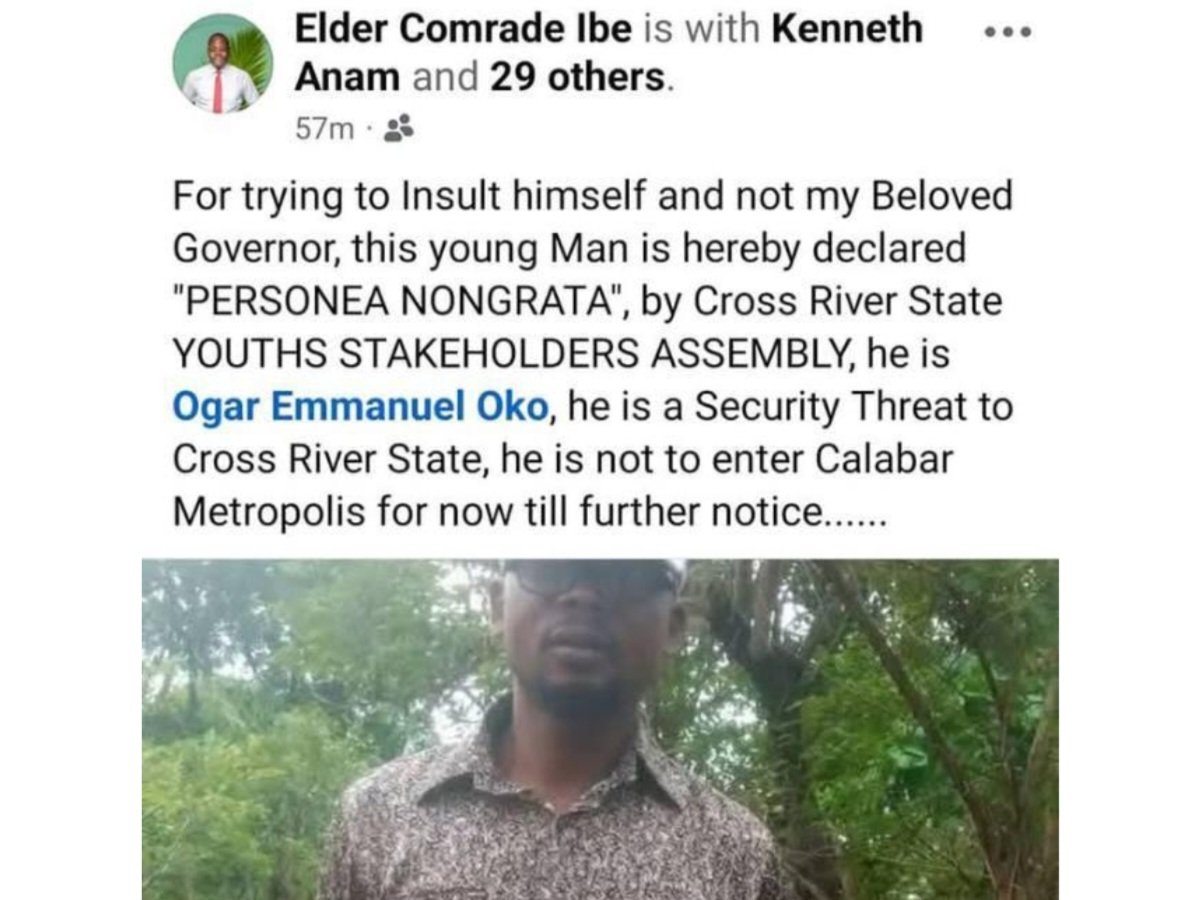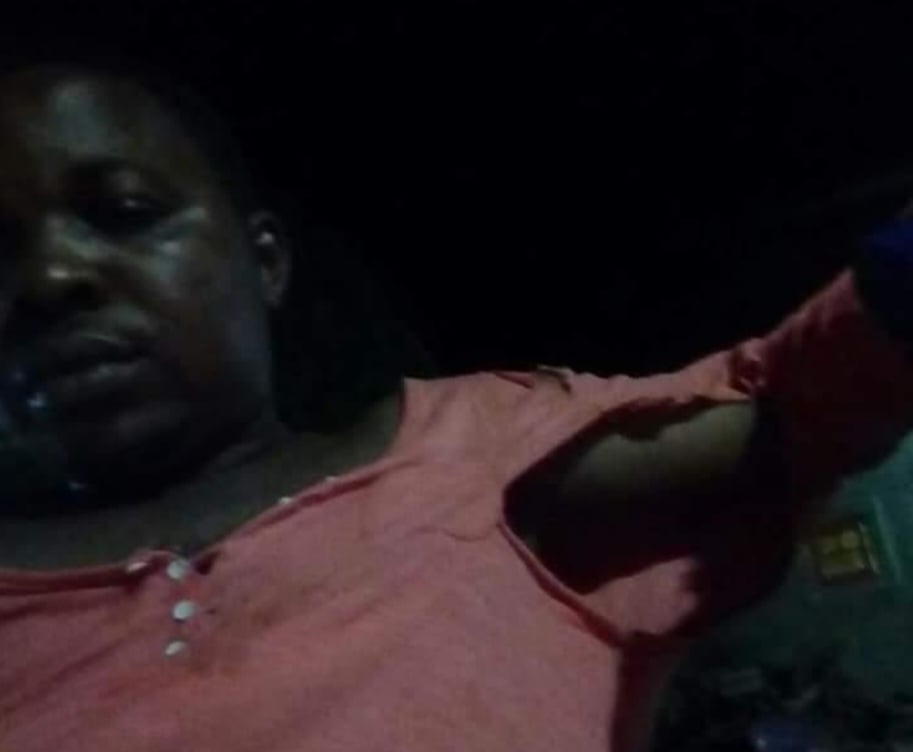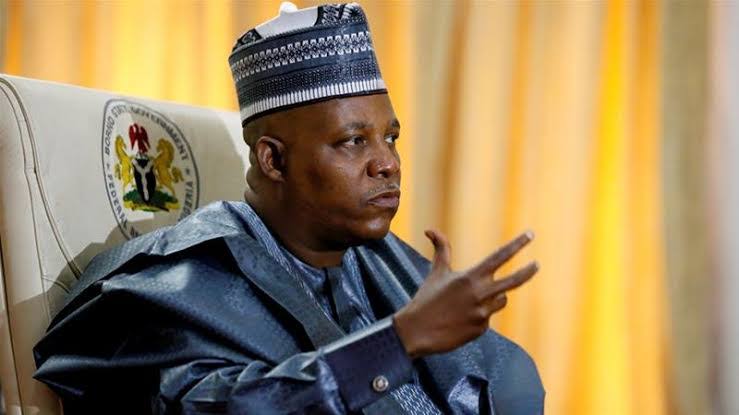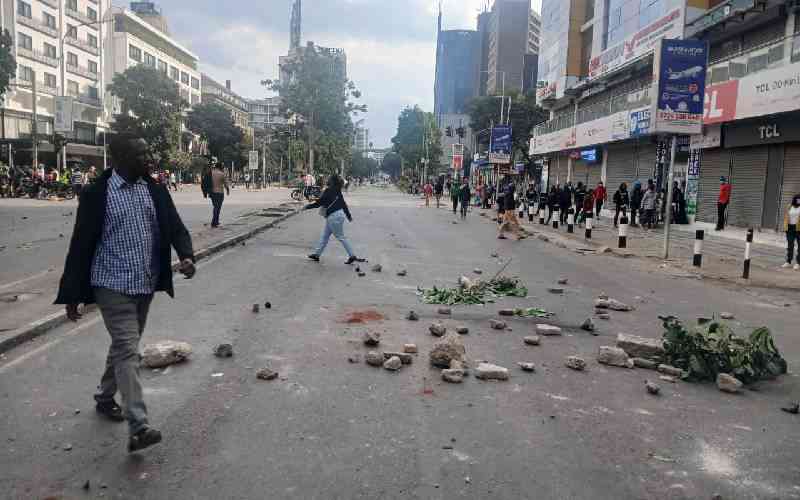INSIDE STORY: How cyberbullying is weaponised against government critics in Cross River | TheCable
His offence? Criticising claim by Bassey Otu, Cross Rivers governor, that people were defecting to the All Progressives Congress (APC) because of President Bola Tinubu’s performance.
In just a few hours, the backlash escalated from insults to threats, turning Oko into a symbol of the shrinking space for free expression in Cross River state.
Cyberbullying is fast becoming a strategic tool for silencing dissent in the state. Activists, journalists, and even ordinary citizens now face coordinated online harassment for criticising those in power. Oko’s case is just one of many, reflecting the rising intolerance for dissent and the growing use of digital intimidation as a weapon of censorship.
Experts say this troubling trend mirrors a broader national pattern.
“These harassment campaigns are not random,” says Thomas Ifebude, a media rights advocate. “They are designed to isolate, humiliate, and ultimately silence anyone who challenges the political status quo.”
Digital rights organisations like Paradigm Initiative have documented how online platforms are increasingly weaponised by political loyalists, often acting as digital enforcers, to intimidate critics and control public narratives. These actors operate with near-total impunity, especially when backed by state power.
On April 28, 2025, Oko published a Facebook article titled “A sour lie from the sweet prince”, challenging the governor’s statements. Within minutes, the threats began.
“Our governor is an ordained apostle. Apostles are sanctified people. They are called to truth — not to lies,” Oko wrote. “Yet, our governor, new to the apostolic order, has told not just a lie, but an expensive lie. A lie so foul it reeks like the open dumpsite at Lemna — sharp, pungent, contaminating the air and choking every honest breath.”
He ended the post with: “The people deserve the truth, not a sanctified deception. History watches. Heaven listens.”
The post garnered 171 comments, five shares and 45 likes as of June 9.
“People I didn’t even know started tagging me in hateful posts,” Oko told CrossRiverWatch.
One post read: “For trying to insult himself and not my beloved governor, this young man is hereby declared persona non grata by the Cross River State Youth Stakeholders Assembly… He is Ogar Emmanuel Oko. He is a security threat to Cross River State. He is not to enter Calabar Metropolis until further notice.”
The post, which included a picture meant to mock Oko, was published by an account named Elder Comr. Ibe, secretary to the chairman of Calabar Municipality and a staunch APC loyalist.
Citizen Ekanem, the governor’s special adviser on digital media, added fuel to the fire with his own Facebook post: “I repeat, that act of insolency displayed by one irresponsible person called Ogar Emmanuel Oko, he does not worth my response.”
Others joined in, calling Oko “someone who lacks proper upbringing”, “a sponsored writer”,“a threat to the state”, “a disrespectful fellow”, and “an irresponsible person”.

Soon, the bullying extended beyond social media. “People would point fingers at me in public,” Oko said. “Someone even withdrew a contract we were working on because they feared being associated with me.”
He reported the threats to the police but said no action has been taken. “I am shocked that nobody has been invited for questioning or held accountable for these attacks,” he said.
Oko’s experience is far from isolated. Esther (not real name), a mass communication graduate, recalled deleting her Facebook account after being harassed for criticising Ben Ayade, former governor of the state.
She said she felt helpless, especially after Agba Jalingo and other writers were arrested. These attacks follow a familiar pattern: smear campaigns, name-calling, public shaming, and coordinated trolling, often from accounts linked to political loyalists. Posts typically include veiled threats, sometimes amplified by aides or official platforms.
Others like Peter Inyali, a former lecturer was assaulted by state actors, while Ifere Paul, and Joseph Odok Esq, were trailed, arrested, detained for days and weeks respectively. Odok was even charged to court for treasonable felony and spent weeks incarcerated, before his release. He was eventually discharged and acquitted.
In 2015, Ifere Paul, a stalwart of the All Progressives Congress, berated Ayade’s performance, saying he fared worse than his Rivers State counterpart after 100 days in office. This sharply pitted him against aides of the former governor, which took a twist he never expected.
Between 2016 and 2017, an altered image of him with two horns on his head was circulated by Eval Asikong (a junior spokesperson) and other aides of the former governor, who described him as “the devil”. This was in response to Ifere’s description of Ayade as a “four-horned devil”.
An image of him shirtless, while eating moi moi (a snack produced from beans) were also circulated with the tag “419” by Ajie Paul (another aide) which refers to a section of the criminal code that deals with fraudsters. Another image of someone practising open defecation was circulated on Facebook, with narratives describing him as “uncivilised”. Most of the posts were deleted after these aides were railroaded into joining the All Progressives Congress following the defection of their principal.
Declan Ogar Genesis, an aide on youth affairs went further to describe natives of Yakurr LGA where Ifere hails from as “cannibals”, which drew condemnation.
“Victims are not just ridiculed; they’re professionally and psychologically isolated,” said Tosin Makinde, a political analyst based in Lagos. “This erodes civic engagement and drives people into silence.” She added that the absence of meaningful consequences for perpetrators emboldens further attacks.
This is the case with Joseph Odok, a lawyer and lecturer, whose troubles came from many fronts. Criticising the governor, his vice chancellor and others meant it was a matter of time before state apparatus was utilised to silence him.
In October 2016, his vehicle was impounded and was released after he claimed the chief of staff to Ayade sent him NGN250,000 so he won’t take the matter to court and asked him to defect to the Peoples Democratic Party and stop his criticism.
By April 2017, he received two queries from the University of Calabar which led to his suspension and a month later, was arrested for alleged possession of weapons to bomb the institution. The case was never successfully prosecuted. But his fortunes only turned out worse.
Less than three months after he was recalled from the initial suspension, he was re-suspended in January 2018 for publishing a “plethora” of posts with “wild” and “unsubstantiated” claims against the vice-chancellor.
By September 2019, after being detained for trying to bail his wife at the Iddo Police Station in Abuja, he was hauled to Calabar where the police charged him with treasonable felony, terrorism, among others.
While incarcerated, another case filed by the vice-chancellor never went to trial. He was remanded at the Medium Security Custodial Center and was admitted to bail after spending 117 days incarcerated. He was subsequently discharged and acquitted.

For victims like Esther, the toll is deep. She gave up her dream of becoming a journalist.
“I don’t think I can still talk about any government in this country in terms of accountability. If it’s government, count me out. I cannot risk it,” she said.
Oko now lives cautiously. “People kept pointing at me, calling me names, questioning my audacity to talk about the governor,” he said. “Some have called me privately, persuading me to tender an apology to the governor.”
He also revealed that a contract he was working on was withdrawn shortly after his article was published.
“The person said he cannot continue with me so that he will not lose out when the governor comes to know that he is working with me,” he said.
On April 7 2018, Inyali, in what he described as an assassination attempt, was attacked by state actors while attending a funeral in his native Obudu LGA after heated arguments on social media after his criticism of a former governor. Before then, he had been accused of fabricating falsehood and called a hatchet man of the APC who spread misinformation against the governor.
“Immediately I arrived the funeral grounds, I started noticing some unusual movement around me,” he said, adding that they repeatedly told him, “You know how to write about the governor, we will mend you today.”
Inyali had to transfer his services and relocate to Abuja, the federal capital territory, where he continues to practise journalism among other business concerns.
In Ifere’s case, he was arrested in Abuja, the federal capital territory and transported by road to Calabar, where he faced trial for different reasons. The cases were abandoned and subsequently struck out, with Ifere walking free. In July 2016, he was declared wanted by the attorney general of the state. However, that was dismissed by the police, who said he wasn’t a wanted man.
Ifere said he was undeterred. He continued with his criticism of the government and said the ordeal only made him stronger and popular. However, he found Calabar too hostile and relocated to Abuja for a while.
On September 4, 2017, Odok was stabbed at a social facility in Calabar with some security aides accused of being involved in the incident. The matter was abandoned after a while. He lost his job at the University of Calabar while he was incarcerated. And, upon admission to bail, fled Calabar with his family for fear of further reprisals.
Nigeria’s Cybercrimes Act of 2015 (amended in 2024) criminalises cyberstalking and bullying, but enforcement remains selective in Cross River.
“Penalties include up to 10 years in prison and ₦25 million in fines,” said Barrister Oluwayemi. “But prosecutions are rare — especially when perpetrators are politically connected.”
The Criminal Code Act and Penal Code Act also prohibit threats and defamation, but in practice, the law offers little recourse for victims of politically motivated online abuse.
Despite the attacks, Oko insists he won’t be silenced.
“Speaking is our right. If we keep quiet, our children will stand on our graves to lay curses on us,” he said. “If we want a better society for ourselves and the generations to come, then we must speak up but constructively.”











